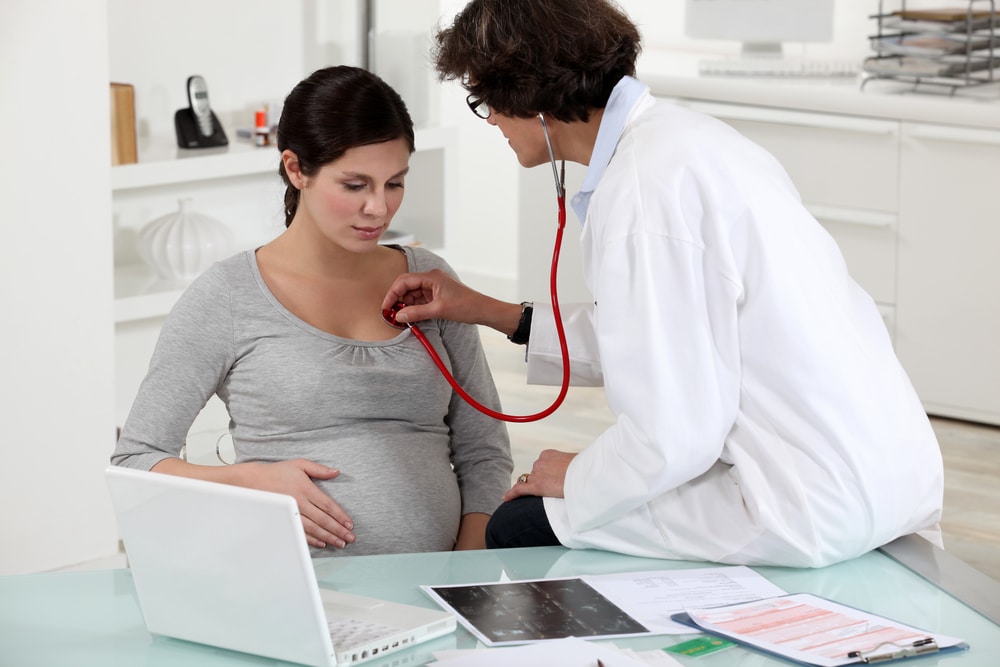More than half of American child-bearing women are overweight or obese. The problems they face are numerous: from inability to conceive to the increased risk of miscarriages and poor health of the baby. To increase their chances of a happy motherhood, many are opting for bariatric surgery. But, getting pregnant after the surgery carries its own risks.
The review
The review published in The Obstetrician & Gynaecologist (TOG) concluded that women should wait at least a year after undergoing bariatric surgery before trying to get pregnant. Although researchers found that almost 80 percents of women who had bariatric surgery had no problems with pregnancies, the other 20 percents had various problems such as band migration and slippage, with consequent severe vomiting.
One of the reviewed studies discovered that the risk of spontaneous miscarriage is increased by of 31 percents for women who got pregnant 18 months or less after their bariatric surgery. The percentage drops to 18 percents if women waited more than 18 months to get pregnant.
Bariatric surgery benefits
The researchers recommended that women who underwent bariatric surgery should work with their doctor and a number of specialists before getting pregnant following bariatric surgery. They should particularly pay attention to their nutrition, possible weight gain, vitamin supplements and birth control.
In general, the review found that the risk of getting pregnant while obese is by far bigger than after undergoing bariatric surgery. While losing weight with healthy diet and increased exercise is much better, for many women who are morbidly obese bariatric surgery presents the only way to regain healthy weight and normal life. The most important step after the surgery is to get well informed about the consequences of the surgery and how to adapt to its effects. Waiting one year before getting pregnant and having healthy pregnancy and healthy baby sounds like a very small sacrifice and an important part of that adjusting period.






